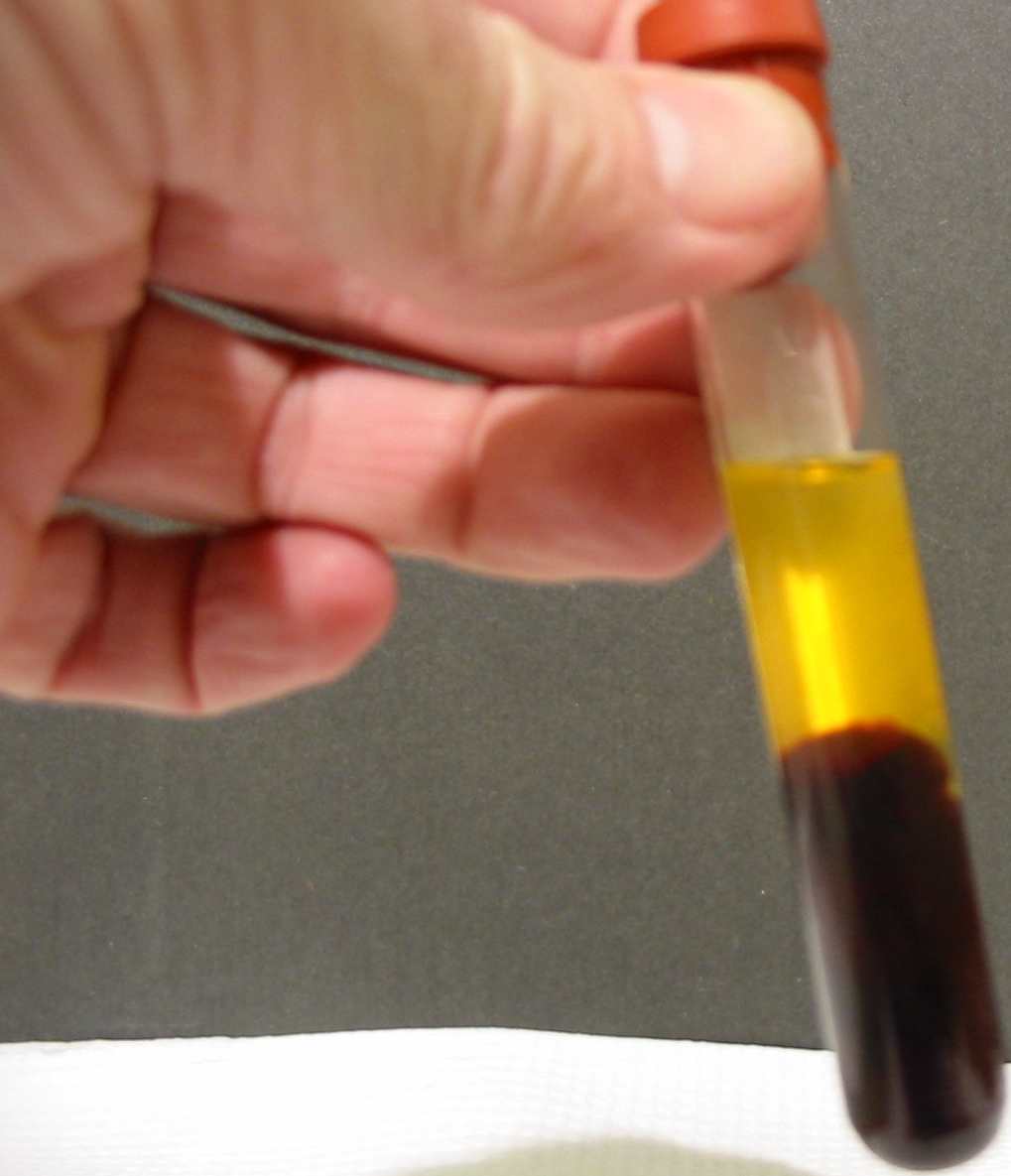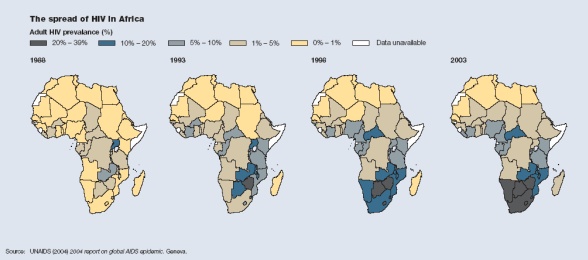|
|
Aids - the story in Africa
AIDS is a devastating disease anywhere, but it's worse in countries where the opportunities for having readily available medical support are very low indeed. Such is the case in much of SubSahara Africa. The real question is how to impact the 30 or 40 million individuals in resource-poor nations who are infected with the HIV virus and who desperately need to receive antiviral therapy. We first need to bring in methods for evaluation of patients. This requires simple blood cell testing.
Most programs that are designed for bringing technical support for cellular analysis are focusing on complex technologies. Perhaps the reason is that there simply are not many quality, inexpensive solutions. But there should be.
The Cytometry for Life program will change this. There is no reason at all why we can't use current technology and current tools to impact Africa now. Why don't we do this?
It's fairly simple. If you try to develop next-generation tools to solve these problems, it will take years and years to achieve this goal. While most researchers may not admit it, their goals are mostly to drive toward the next level of capability and in doing so they will not be able to do much at all about today's problems. This is what we need to change. The Spread of AIDS in Africa
What do we need in Africa today?We believe that it is possible to deliver very quickly tools that are basic and straight forward. One of the most important tools needed is a very easy to perform, low-cost CD4 test.
No new inventions are needed to solve the problem of CD4 measurements today. No new technologies need be developed. No new reagents are necessary. All the tools exist.
While it is exciting and definitely a worthy goal, the development of next-generation tools is both difficult to manufacture and costly to make even in reasonably large quantities.
The real problem is that there is not a single agency that will fund creating what is basically low-tech - low cost tools. They are not exciting to reviewers or agencies and there is little excitement among researcher for approaching the problem from this perspective. Finally, commercial entities are hesitant to go in this direction because they may not be able to make enough profit selling such low-cost instruments and low-cost tests.
This is why the Cytometry for Life consortium was created. We believe that the only way to achieve this goal is to have a group of individuals who simply dedicate a significant portion of their time and resources to solve this problem.
When you look at the many problems faced by groups in Africa, the reality of the difficulties of using highly complex technologies seems to be forgotten or ignored. In the past several years, a great number of groups have been funded to "solve" the problem. In the end, the solutions are more theoretical than practical.
You can helpThe "Cytometry for Life" program needs your help to achieve our goals of very cheap tests for AIDS victims in Africa.
|
 |
|






